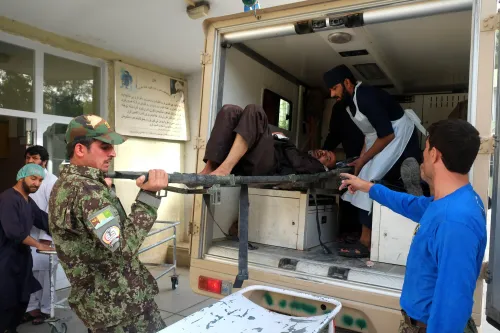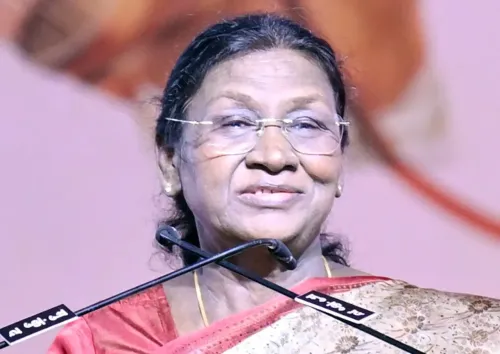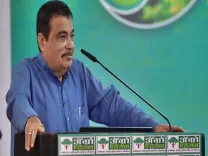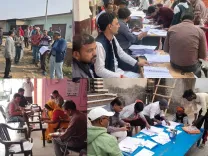What Did Mayawati Discuss with CEC Gyanesh Kumar?
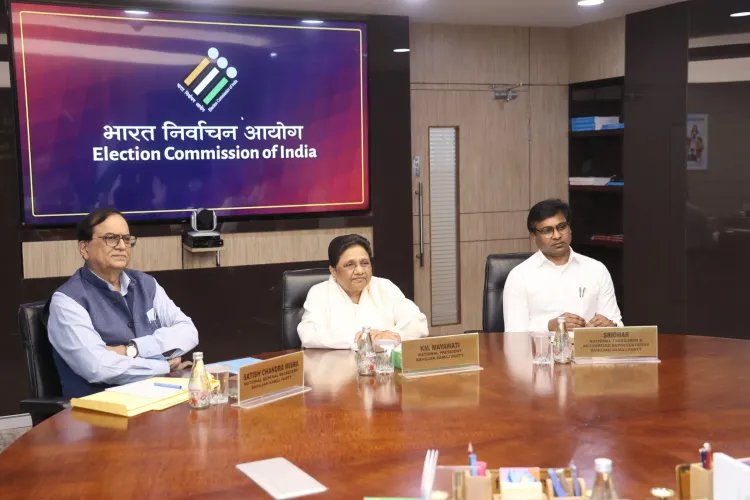
Synopsis
Key Takeaways
- Electoral roll revision is a key concern for stakeholders.
- The training of booth-level agents is essential for effective electoral processes.
- The ECI is actively engaging with political parties to enhance transparency.
- Upcoming Uttar Pradesh Assembly elections are set for February-March 2027.
- Increased emphasis on stakeholder involvement aims to strengthen electoral integrity.
New Delhi, May 6 (NationPress) Concerns regarding electoral roll updates and the training of booth-level agents were key topics during the meeting between Chief Election Commissioner Gyanesh Kumar and Bahujan Samaj Party President Mayawati on Tuesday.
The discussion, which included Election Commissioners Sukhbir Singh Sandhu and Vivek Joshi along with other BSP officials, took place at Nirvachan Sadan. This meeting is particularly important as the Uttar Pradesh Assembly elections are slated for February-March 2027, where all 403 members will be elected.
According to an official, this meeting aligns with the Election Commission of India’s initiative to enhance regular dialogue with various stakeholders.
The ECI has been engaging with national and state political parties, allowing them to voice their concerns and provide suggestions, an official noted.
This initiative fits within the Commission’s larger objective of fortifying the electoral framework.
In March alone, there were a total of 4,719 all-party meetings, which included 40 sessions led by CEOs, 800 by DEOs, and 3,879 by EROs, engaging over 28,000 political party representatives.
The ECI documented that 4,123 Electoral Registration Officers conducted all-party meetings to address outstanding issues at polling booths as part of this initiative.
Authorized representatives of political parties, such as booth level agents (BLAs), polling agents, counting agents, and election agents, play critical roles in a variety of electoral processes, according to the ECI.
In March, the Trinamool Congress urged the ECI to establish a 'Unique ID' for the Electoral Photo Identity Cards (EPIC) similar to those in Aadhaar cards and passports. They also called for physical verification for voters registered online.
The party requested the Election Commission to amend existing errors associated with EPIC cards before linking them to Aadhaar.
Following the ECI's decision to connect voter IDs with Aadhaar numbers, the Congress party remarked, “By acknowledging the Congress party’s allegations regarding unreliable voter lists, the Election Commission aims to rectify this by utilizing Aadhaar.”


